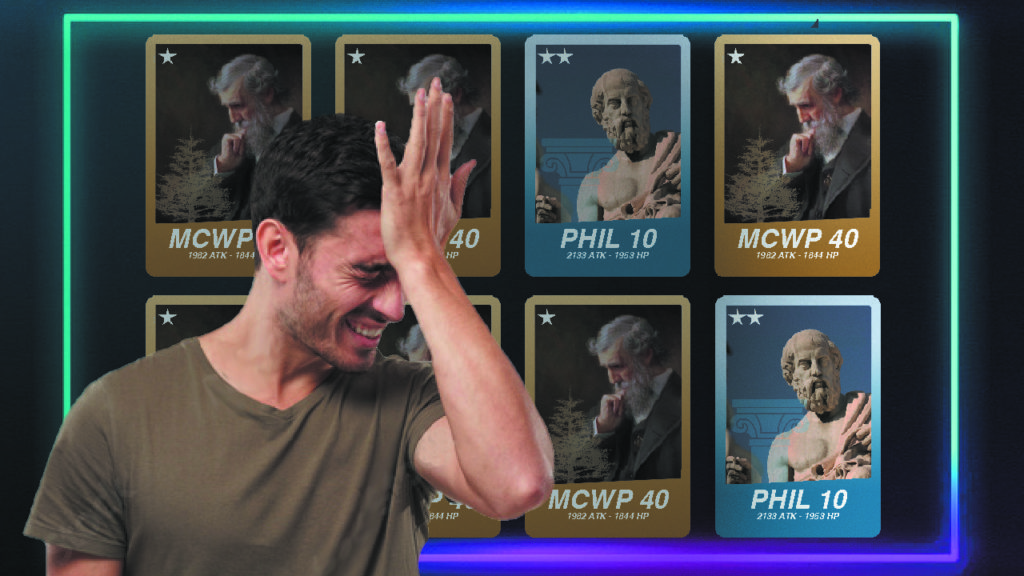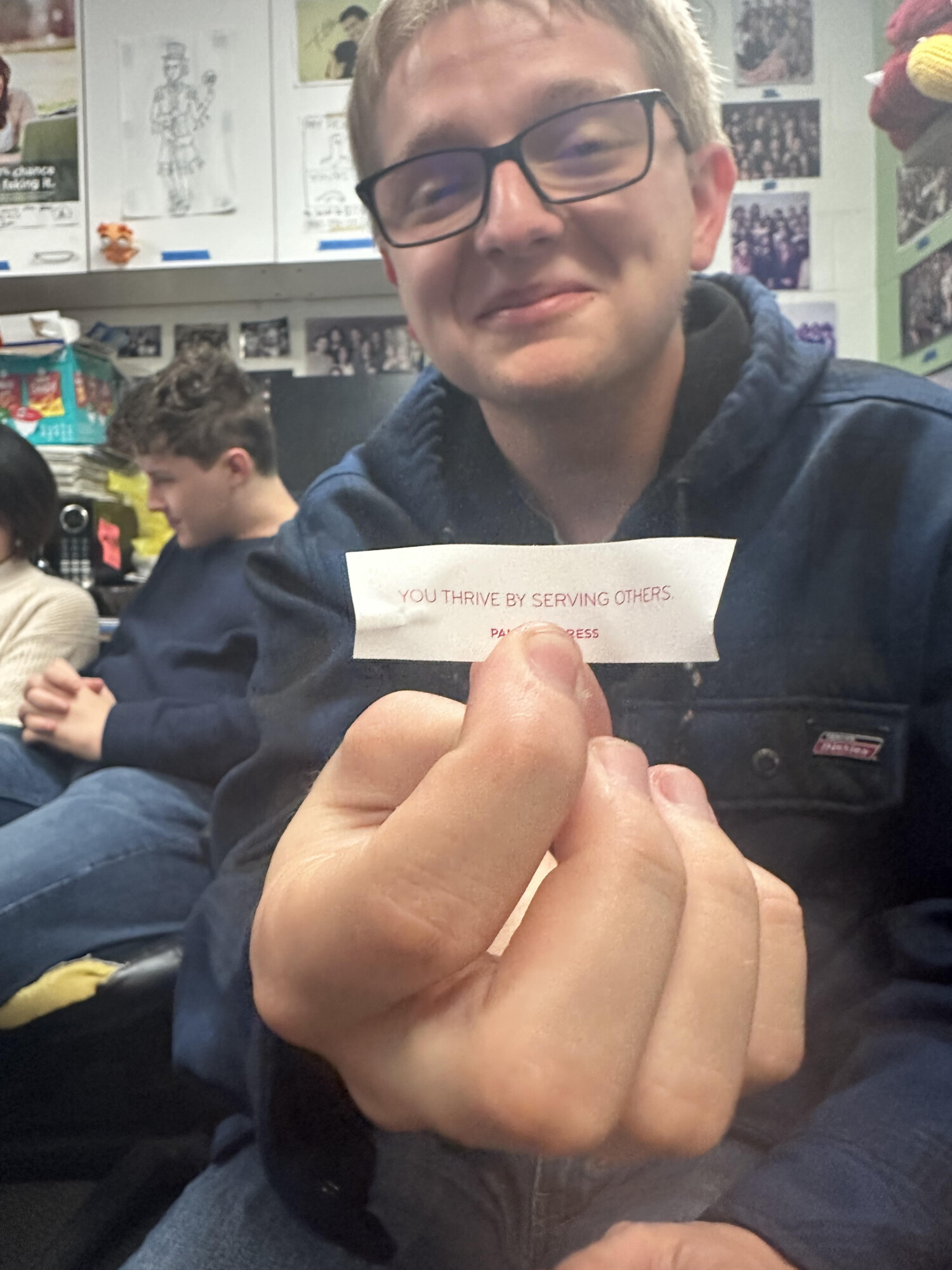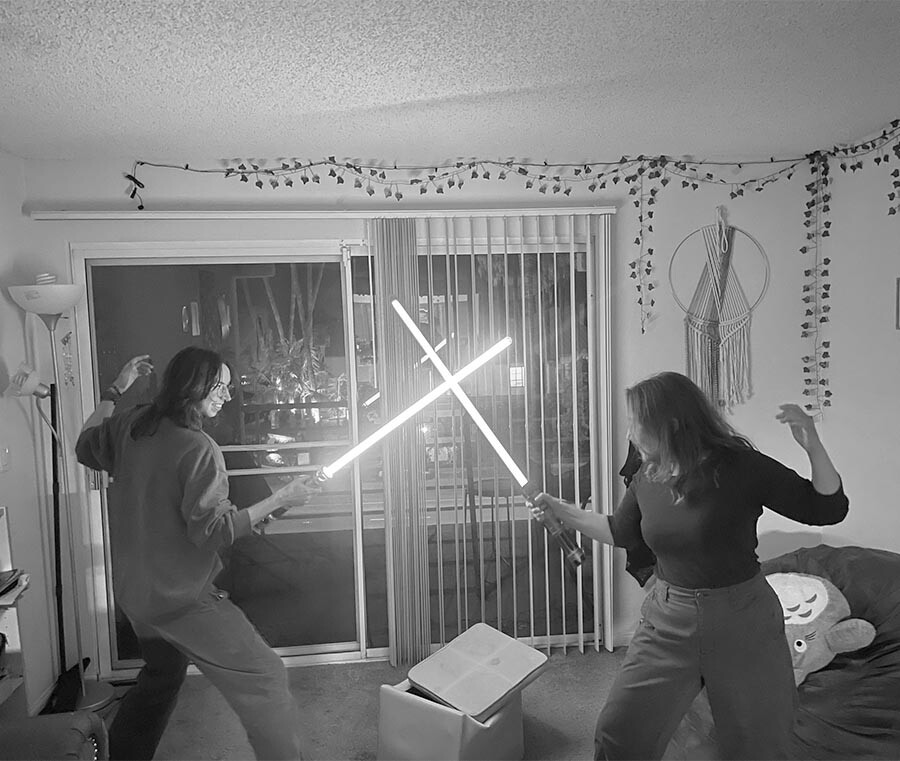
“It’s like this thing is rigged so that I don’t get what I want,” complained one student.
Photo by Jack Yang
In an effort to make the class selection process more efficient, UCSD announced the successor to the course scheduling program WebReg. The new software, Course Impact, is projected to incorporate random chance into course enrollment and instructor selection, akin to a gacha game.
“We are delighted to announce a whole new process of enrolling in classes, doing away with all these ridiculous credit units, stupid class standings and useless appointment times,” said Dan Romero, a registrar at UCSD. “It will now be way less paperwork and headache for everyone. We even turned off our email inbox and closed VAC so those annoying students with questions about classes can’t bother us anymore.”
The system will assign students courses and instructors according to a random chance scheme: Each course will be assigned a rating between one and five, roughly representing its level of desirability. In-demand classes will be given a five-star rating, while courses like HUM 1 or MMW 11 will be given a one-star rating. “It’s very simple to understand and use,” described Romero. “You get a certain amount of free classes you can try to get by random chance, and after that you will have an opportunity to get more by using a brand new currency system: Khosla Koins.”
Romero explained that students will have various ways of earning Khosla Koins, such as watching 30 minutes worth of “advertisements disguised as lectures,” or using leftover spring quarter Dining Dollars to buy them. In a showcase video, Romero demoed the Course Impact webpage. Romero used his one free “roll” (an opportunity to get a class), and received a three-star Math 20A class with mediocre CAPE reviews. “Not great, not terrible,” said Romero. He then proceeded to demonstrate the process of buying extra rolls. “You can get one for $149.99, or buy a 4 pack for $599.99. It’s such a deal!”
When asked about the transparency of this gachalike system, Romero said that the system was developed based on the CSE department major application lottery. “It will be very transparent: if it says that the chance to get a class is 0.03 percent, then expect the real chance to be at least 10 times lower,” Romero said. In the demonstration he showed, the supposed chance of getting five-star classes, such as CSE 8A and CHEM 40A, were at 0.000001%.
“We don’t want students to feel like it’s near impossible to get into their classes, so we provided an easy opportunity for them: if you take eight classes, you are guaranteed to have at least one of them to be four or five stars. We believe that this will be very transparent for students, and will also help us shift more focus towards rather unpopular departments.”
The UC San Diego Registrar’s Office confirmed that the new system will be replacing WebReg as early as the following winter quarter. Furthermore, the official press release of University of California stated that a similar system will be used in general admissions to UC campuses, effective next academic year, while UC San Diego is planning to use a similar system for housing, “with five-star choices landing you a nice single apartment in Dayton, Ohio.”











